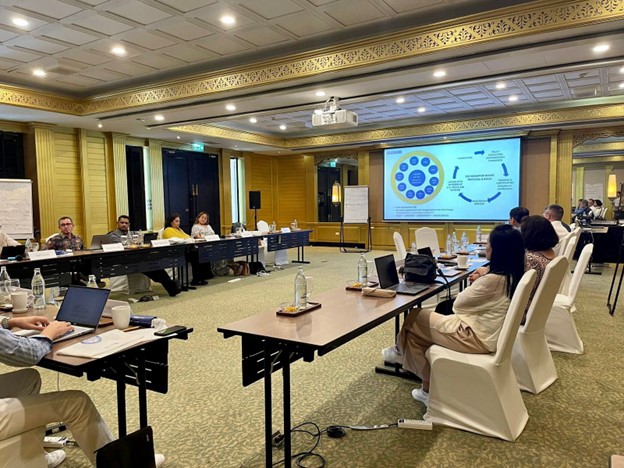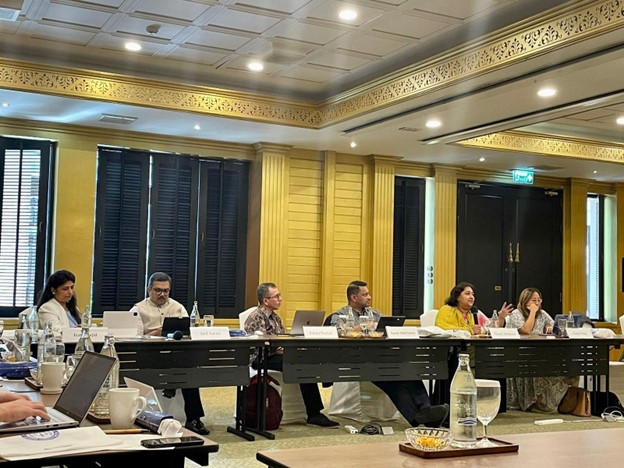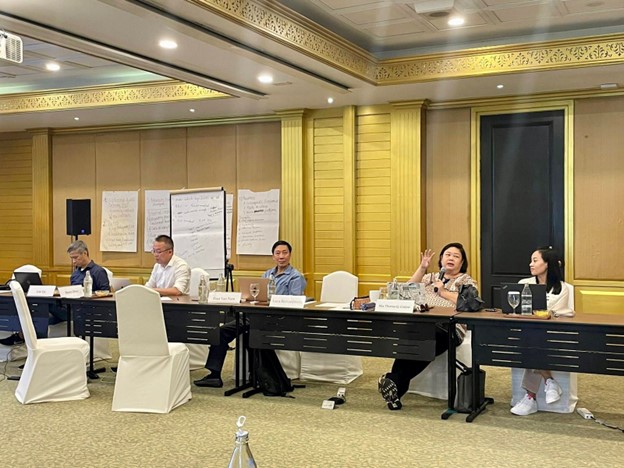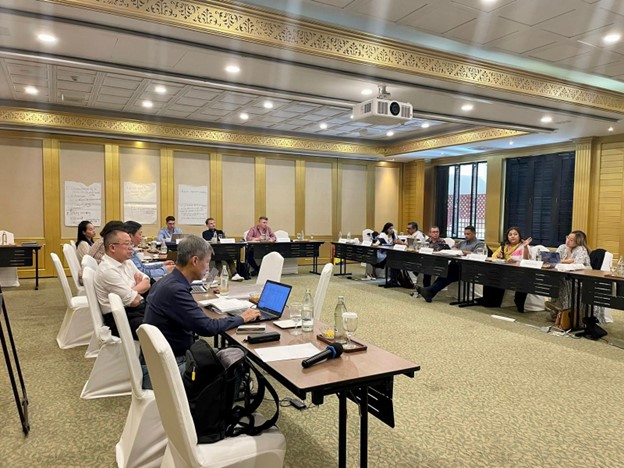Mediation in the Emerging ESG Market
Workshop on "Mediation in the Emerging ESG Market: Unlocking the Potentials of Mediation for ESG-related Supply Chain Due Diligence"
HSF
Over recent years, ESG (Environmental, Social and Governance) issues have been constantly moving up corporate agendas as stakeholder expectations, market demands, and increasingly regulatory developments require businesses around the world to ensure responsible sourcing, ethical practices, and compliance with labor and environmental regulations on an unprecedented scale.
Particularly within the last two years, compulsory regulations have been (gradually) replacing the former merely voluntarily standards, with many jurisdictions working on the respective normative frameworks. In this regard, Germany’s Supply Chain Due Diligence Act and the European Union’s forthcoming Corporate Sustainability Due Diligence Directive stand out as recent examples of a general trend towards regulatory action that endorses binding standards.
Thus, businesses in Asia – a key manufacturing and supply chain hub – face the pressure to demonstrate sustainable practices, responsible sourcing, and adherence to environmental and human rights-related standards. As a result, corporate compliance in Asia will change accordingly, with companies in the region being forced to progressively embrace ESG-related compliance standards. While especially major European companies have already or will soon have to adopt ESG-based compliance standards, many Asian counterparts are still far from being able to meet the new and forthcoming standards.
HSF
This overarching development, with all its pressure for adjustment, comes at a time when transformative megatrends - such as growing great power conflicts, geopolitical pulls, and a receding and reshaping globalization - manifest in critical supply disruptions, escalating trade tensions, the imposition of tariffs between major economies, and the resort to nationalist and mercantilist economic policies such as localization and friend-shoring.
All of these factors are already putting considerable stress on global supply chains, and thus increasing the genuine interest of Western companies in maintaining their existing supply chains. At the same time, however, these businesses find themselves in the position to consequently demand their Asian counterpart’s compliance with the dynamically expanding framework of ESG-based regulation. This situation creates a considerable challenge for companies across the entire supply chain, comprising both Western and Asian companies. Crucially, however, it also incentivizes them to cooperate and jointly work out the best possible strategy to engage in a constructive adjustment process.
HSF
As a first step, companies have to conduct ESG-related due diligence audits and then develop and implement adjusted and re-aligned compliance management systems. While this creates a significant challenge for business, this situation also opens up great, hitherto largely overlooked opportunities for employing mediation as a strategic tool to engage in a structured and sustainable process to jointly adjust corporate realities to the new regulatory demands for the sake of both Western and Asian businesses.
While conventionally mainly used as a tool for resolving conflicts after they have arisen, mediation can also be employed preventively in non-conflict situations to reduce the likelihood of future conflicts or mitigate the impact of conflicts when they occur. Such preventive mediation is particularly valuable in situations prone to conflict, to establish early collaboration and consensus on a process that could otherwise lead to tensions.
In context of the imminent wave of ESG due diligence adjustments, a preventive mediation approach can be applied to facilitate a collaborative approach towards the necessary adjustments within the affected companies in a supply chain and their alignments with the new ESG standards across the entire supply chain. By doing so, potential conflicts that may arise during the adjustment process can be proactively handled, thus guaranteeing a streamlined and collaborative transition to the ESG framework.
By employing mediation in such a preventive and shaping manner, stakeholders can foster a cooperative atmosphere that is conducive to the collaborative development of a sufficient ESG-related Compliance Management System for the entire supply chain. It fosters proximity and commitment among the partners in the context of transitioning to the ESG regulatory framework by facilitating a mutual deep understanding of each other's businesses, including their blind spots and sources of risk, within the context of compliance.
HSF
Rather than creating a notion of quasi-colonial imposition, the process encourages ownership of all actors for the ESG-related compliance management within the supply chain and for the common interest, and thus, preserves the supply chain´s integrity for the benefit of all integrated stakeholders. Moreover, it establishes preemptive routines that can be activated in times of conflict to provide rapid and effective solutions.
Overall, this type of mediation creates a conducive environment for cooperation and mutual understanding, enabling sustainable practices and positive outcomes for all involved parties in form of a kind of pact.
The workshop encouraged the participating experienced mediators and representatives of the region's leading mediation institutes to discuss mediation as a strategic tool to handle the changing legal landscape of Environmental, Social and Governance (ESG) compliance as well as other related strategies. The workshop also provided the participants with knowledge on the topics surrounding ESG principles with a focus on some recent legal developments.




